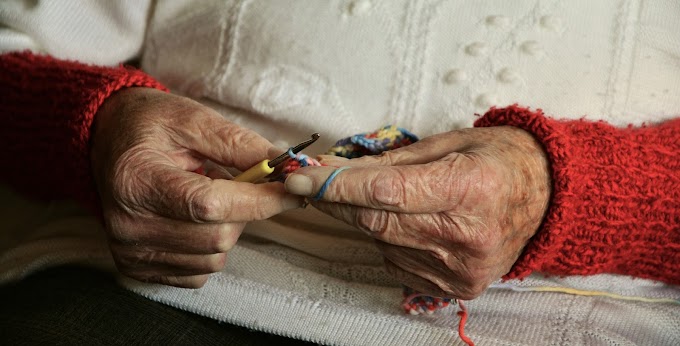Type 2 diabetes is typically diagnosed through a combination of blood tests and clinical evaluation.
Here's an overview of the diagnostic process:
Symptoms Assessment:
If you exhibit symptoms of diabetes, such as frequent urination, excessive thirst, unexplained weight loss, fatigue, or increased hunger, your healthcare provider will evaluate these symptoms to determine if further testing is necessary.
Fasting Plasma Glucose Test (FPG):
This test measures your blood glucose level after an overnight fast. Typically, you'll be asked to abstain from food and drink (except water) for at least 8 hours prior to the test.
A blood sample is then taken and analyzed. If your fasting blood glucose level is 126 milligrams per deciliter (mg/dL) or higher on two separate occasions, it may indicate type 2 diabetes.
Oral Glucose Tolerance Test (OGTT):
This test involves drinking a sugary solution, followed by blood glucose measurements taken at various intervals over a couple of hours. If your blood glucose level is 200 mg/dL or higher after 2 hours, it may indicate diabetes.
Hemoglobin A1c (HbA1c) Test:
This test provides an estimate of your average blood glucose levels over the past two to three months. It measures the percentage of hemoglobin molecules that have glucose attached to them (glycated hemoglobin). An HbA1c level of 6.5% or higher on two separate occasions is indicative of diabetes.
Random Plasma Glucose Test:
If you exhibit severe symptoms of diabetes, such as excessive thirst, frequent urination, and fatigue, a random plasma glucose test may be performed regardless of when you last ate. A blood sample is taken, and if the blood glucose level is 200 mg/dL or higher, it may indicate diabetes.
It's important to note that the diagnostic criteria may vary slightly depending on the guidelines and recommendations in your country. Additionally, your healthcare provider may consider other factors, such as your medical history, family history of diabetes, and the presence of risk factors, when making a diagnosis.
If you receive a diagnosis of type 2 diabetes, your healthcare provider will likely discuss treatment options, lifestyle modifications, and ongoing monitoring to manage your blood sugar levels effectively and reduce the risk of complications. They may also recommend additional tests to evaluate your overall health and check for any associated conditions or complications.
If you have a question or comment or any discussion, please call or send a message.
Our Address:
Hope Diagnostics and Research Laboratory
Unit-3, 34, behind Ram Mandir, Ekamra Vihar, Kharvela Nagar, Bhubaneswar, Odisha 751001
Call Us: 09238582444 / 7894132927









